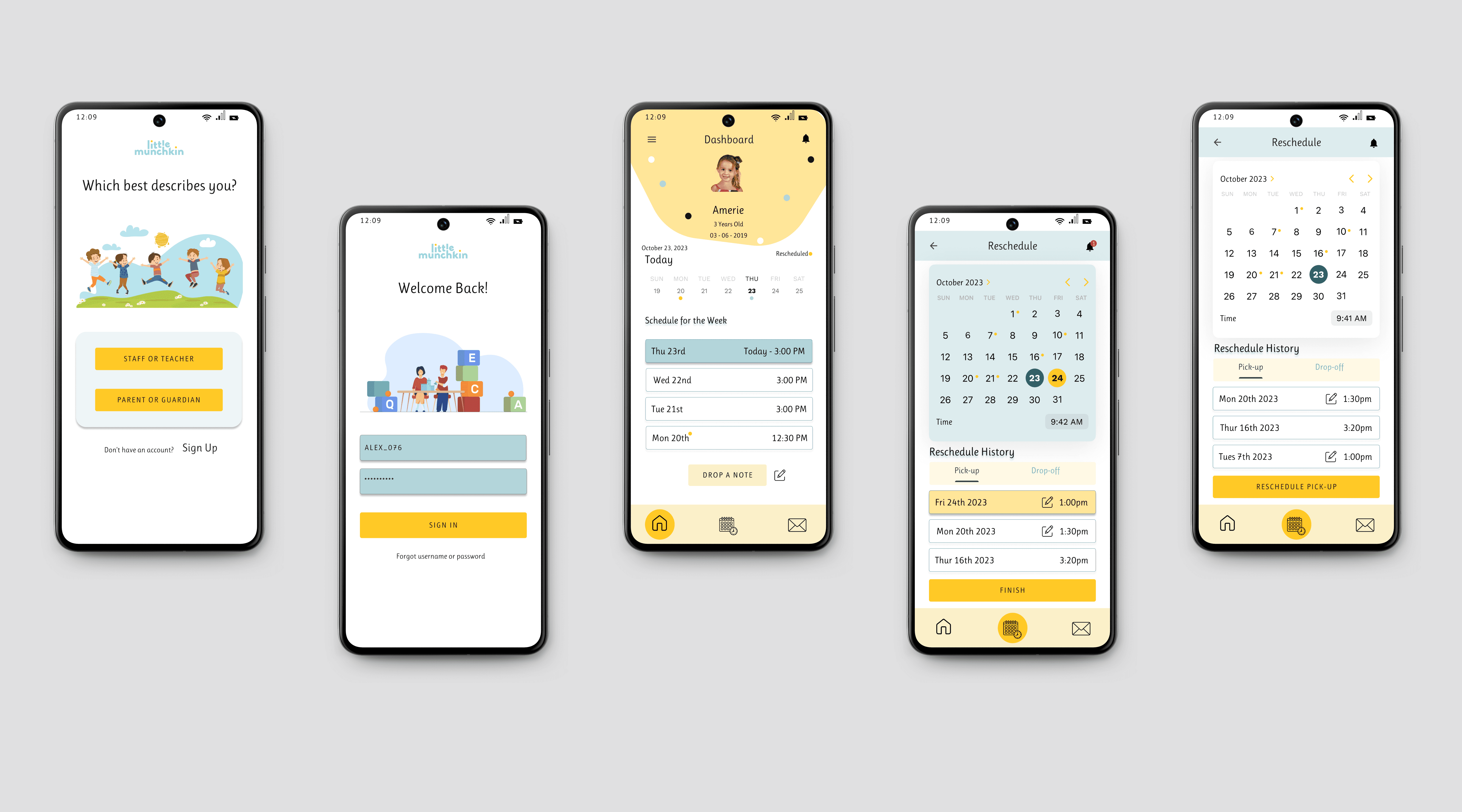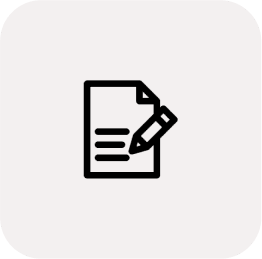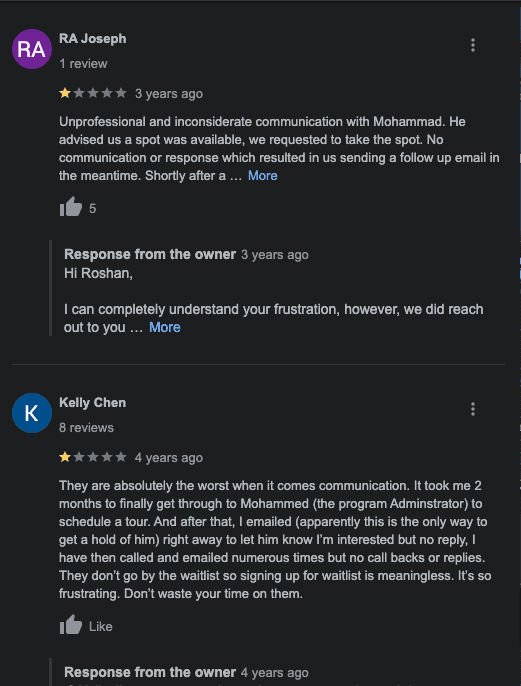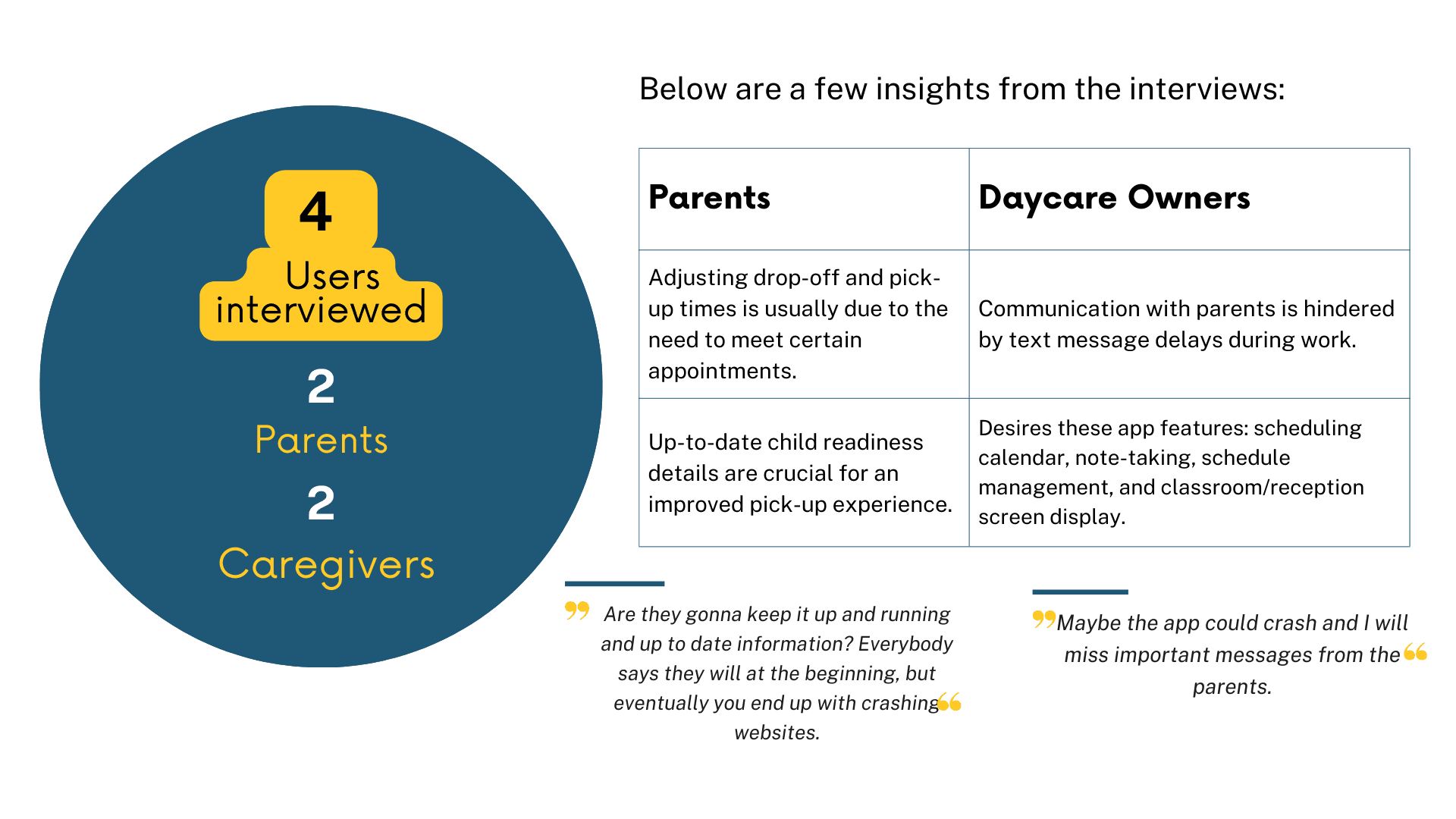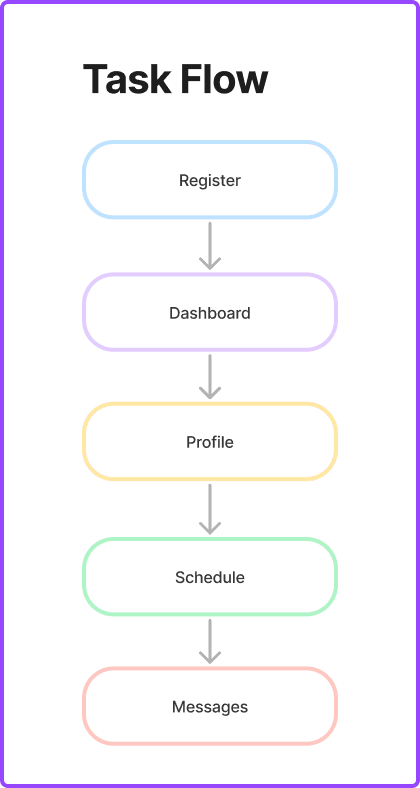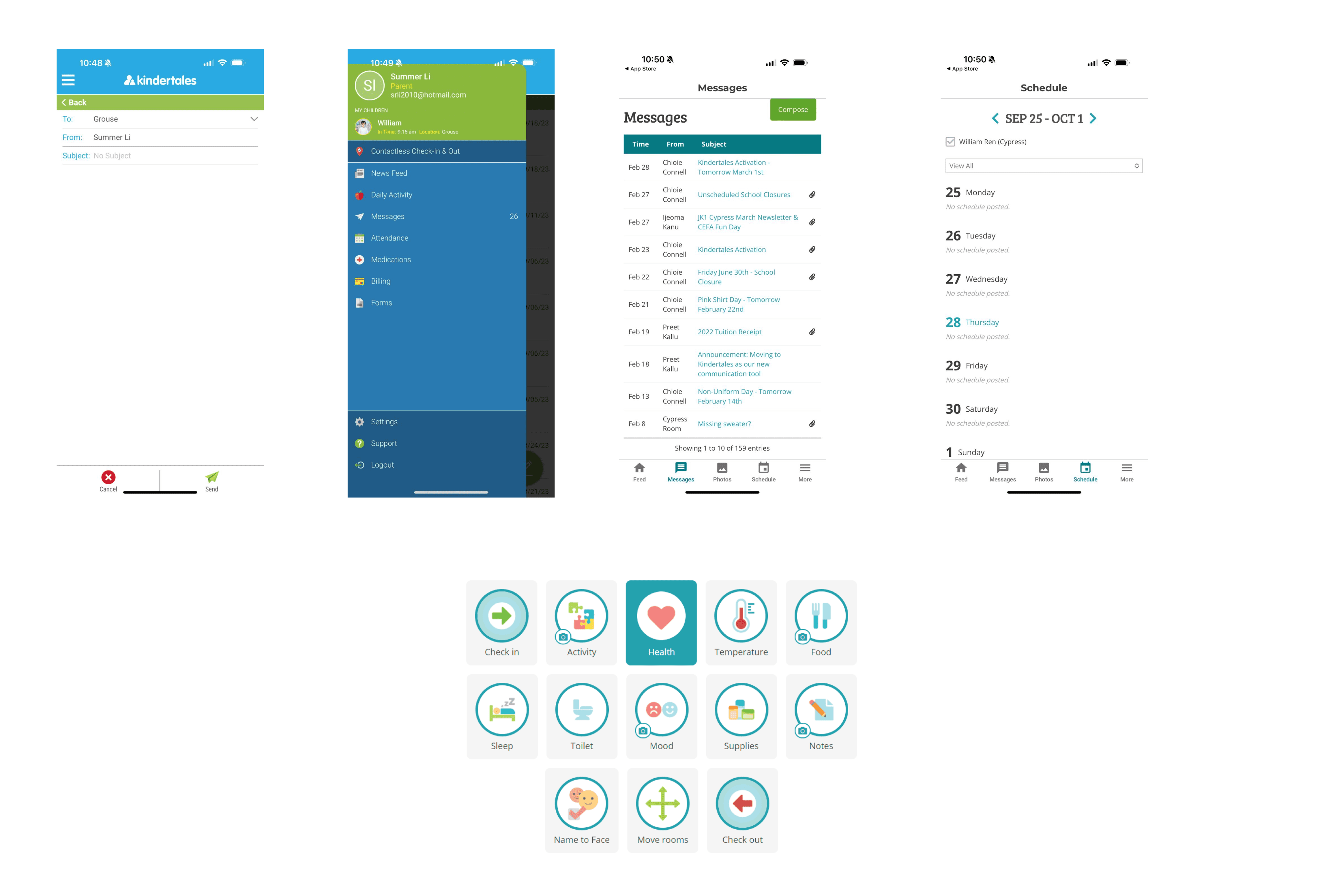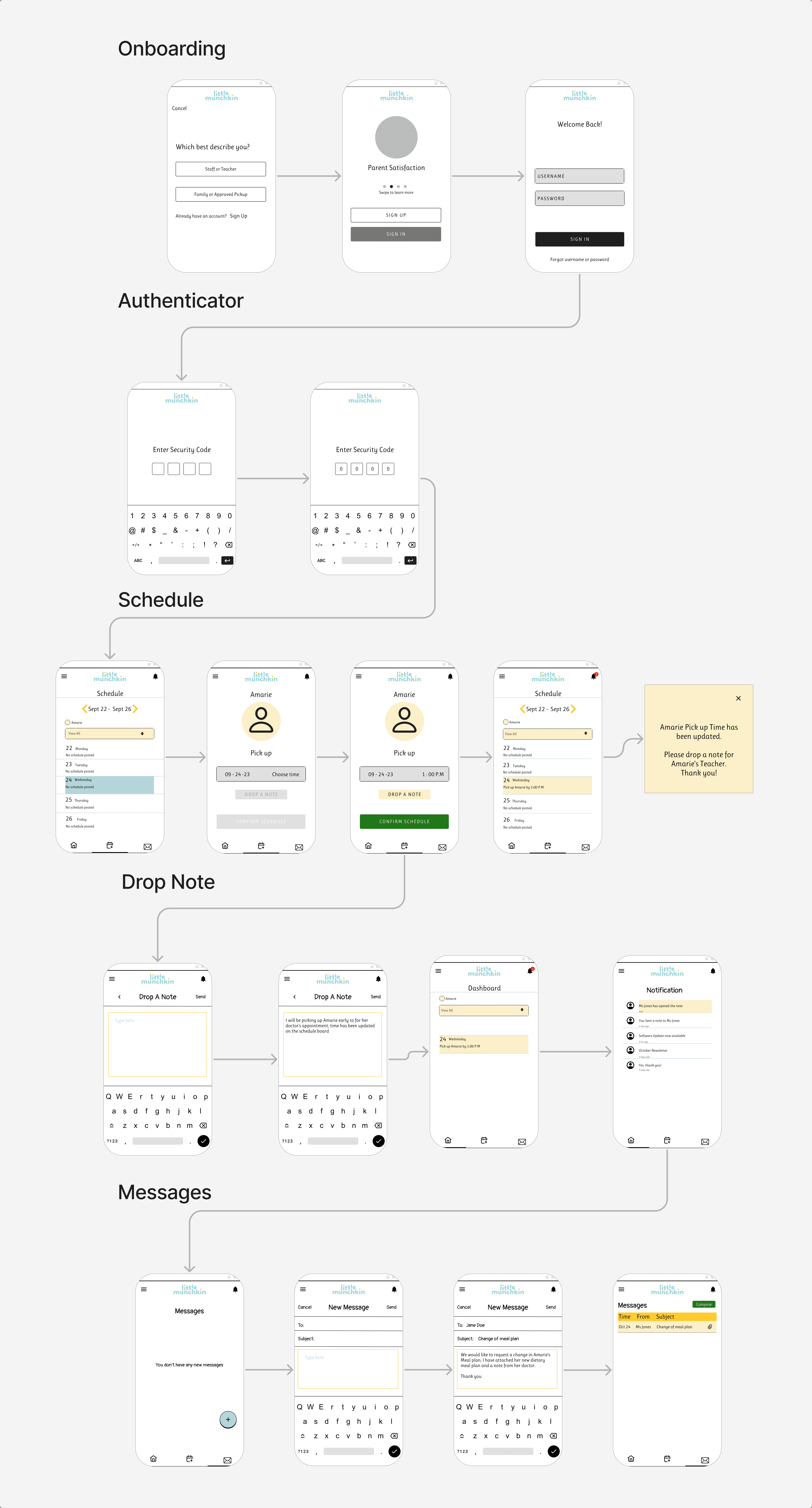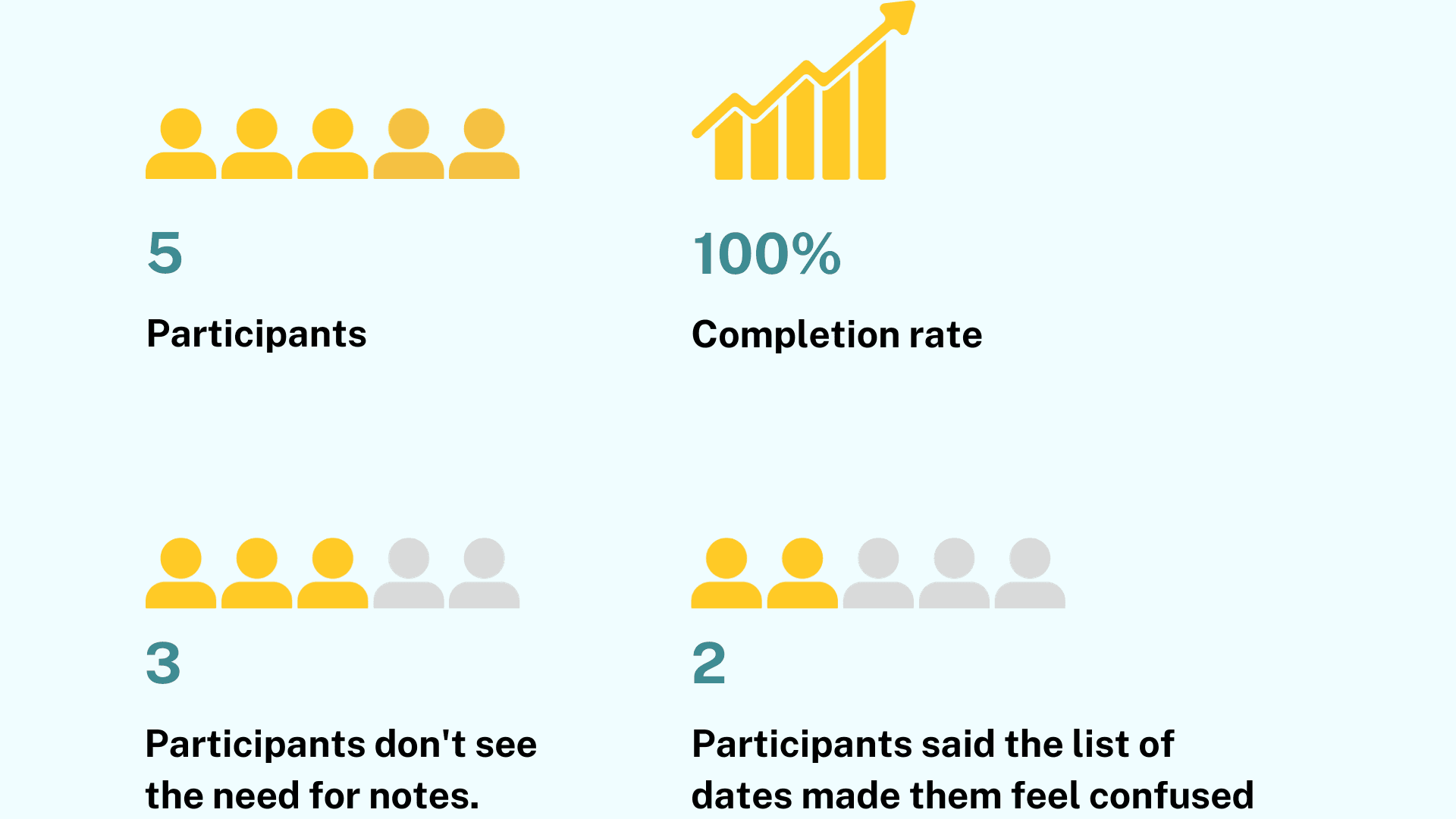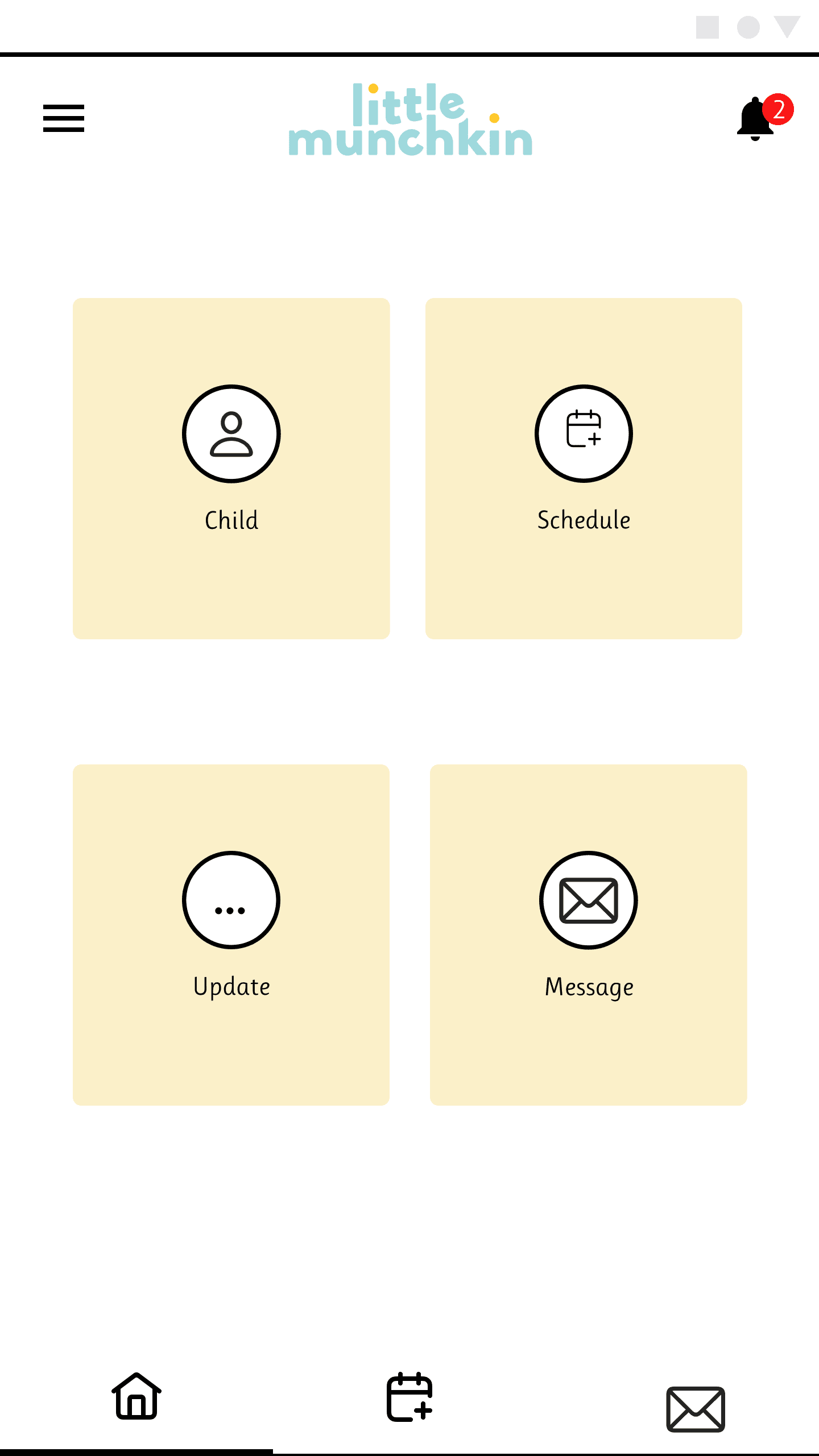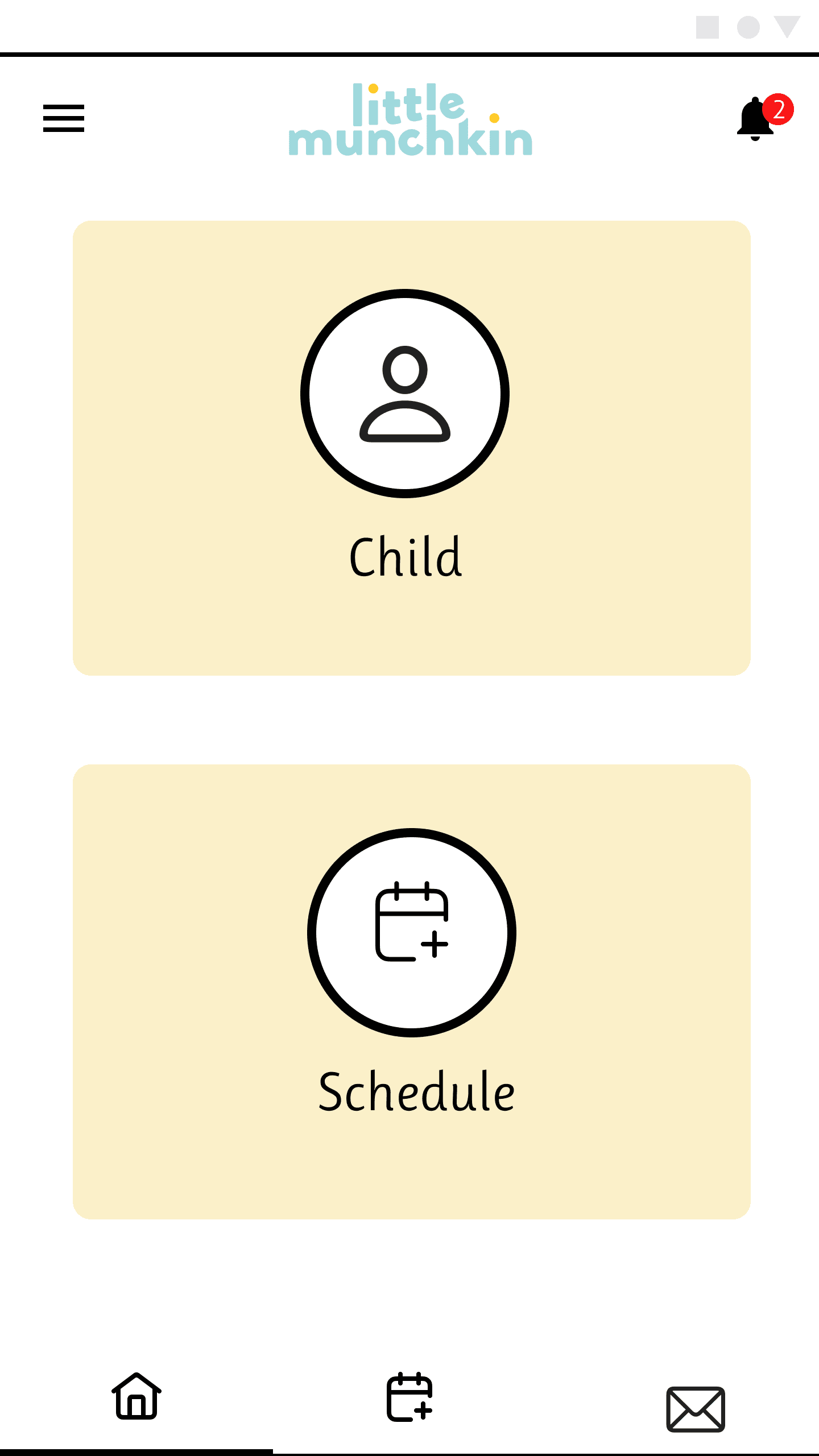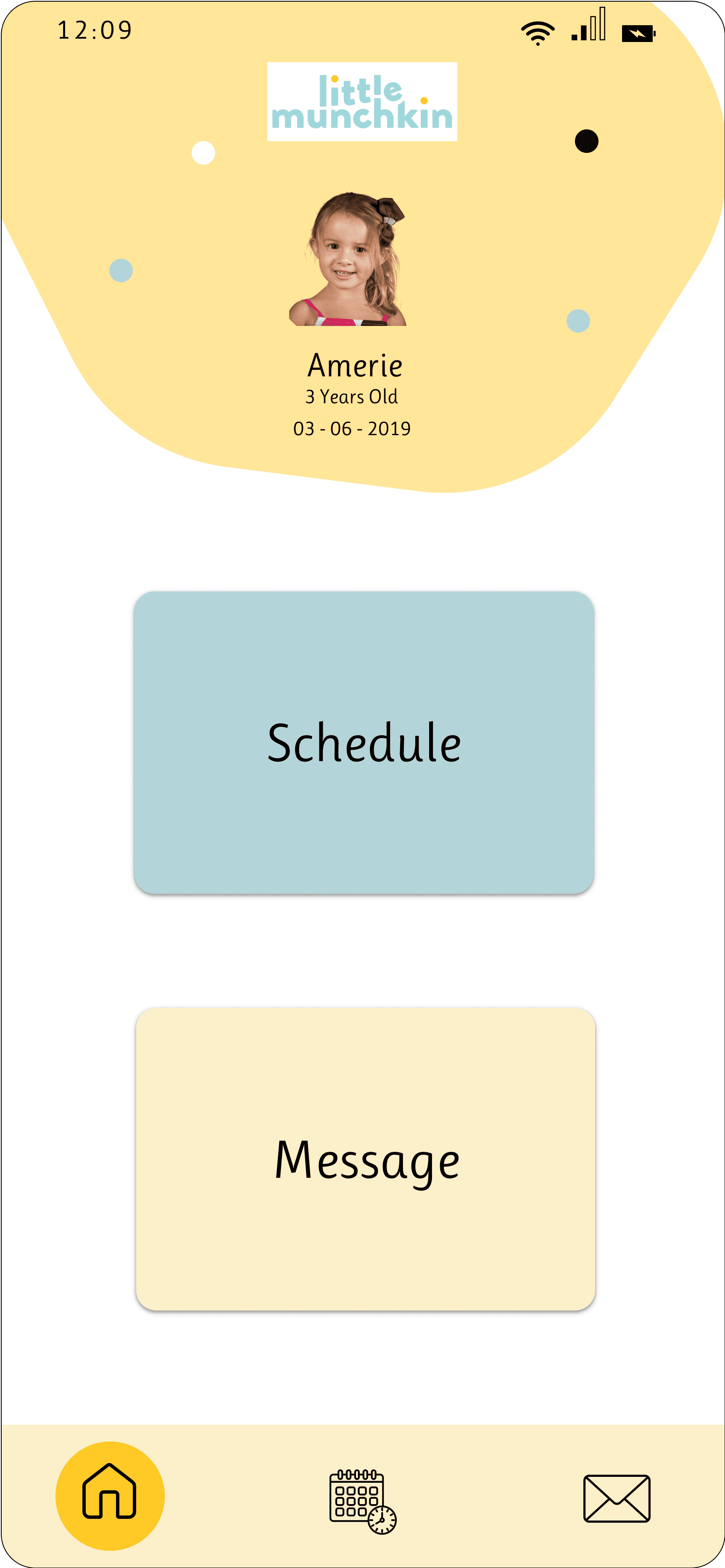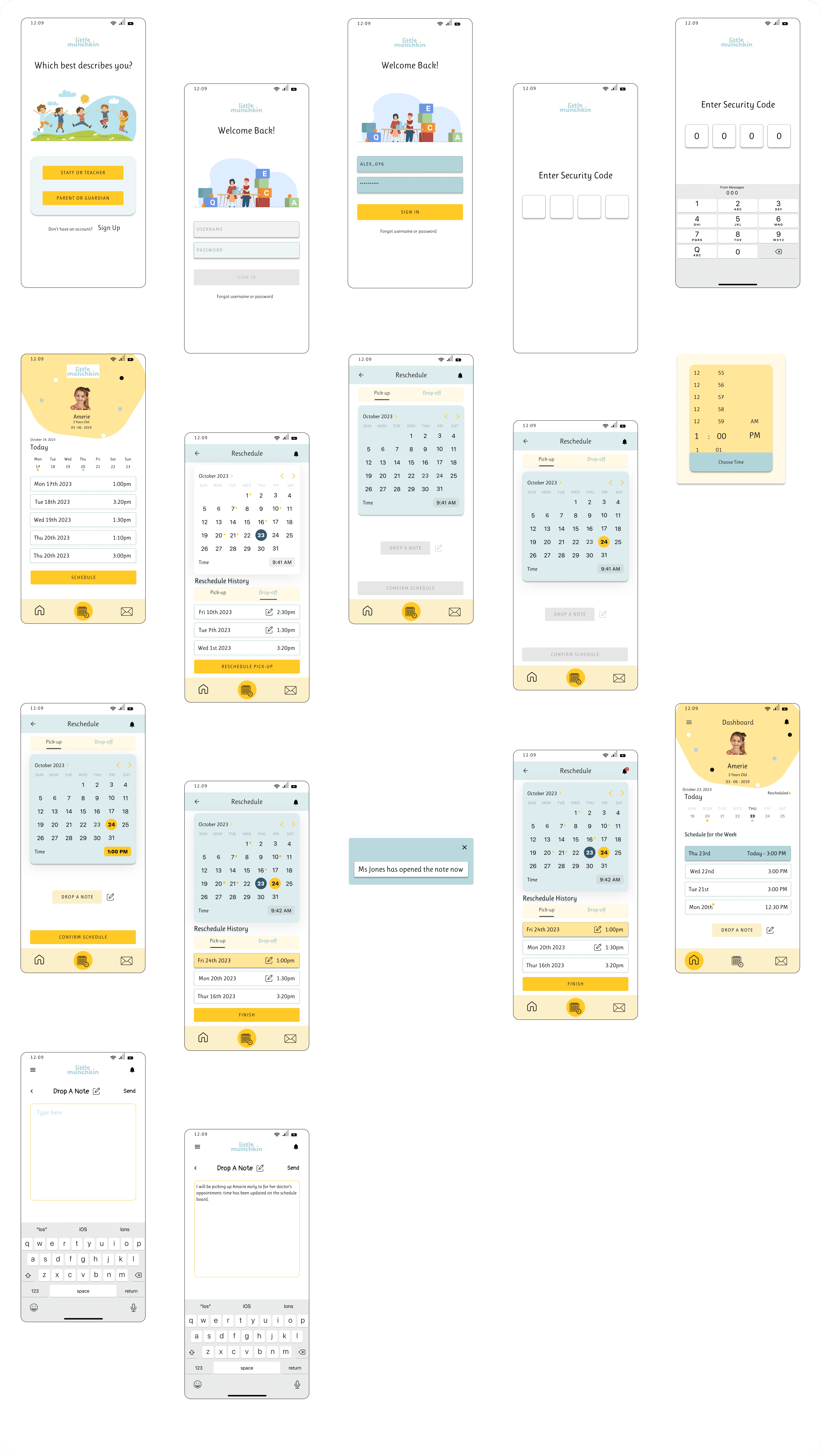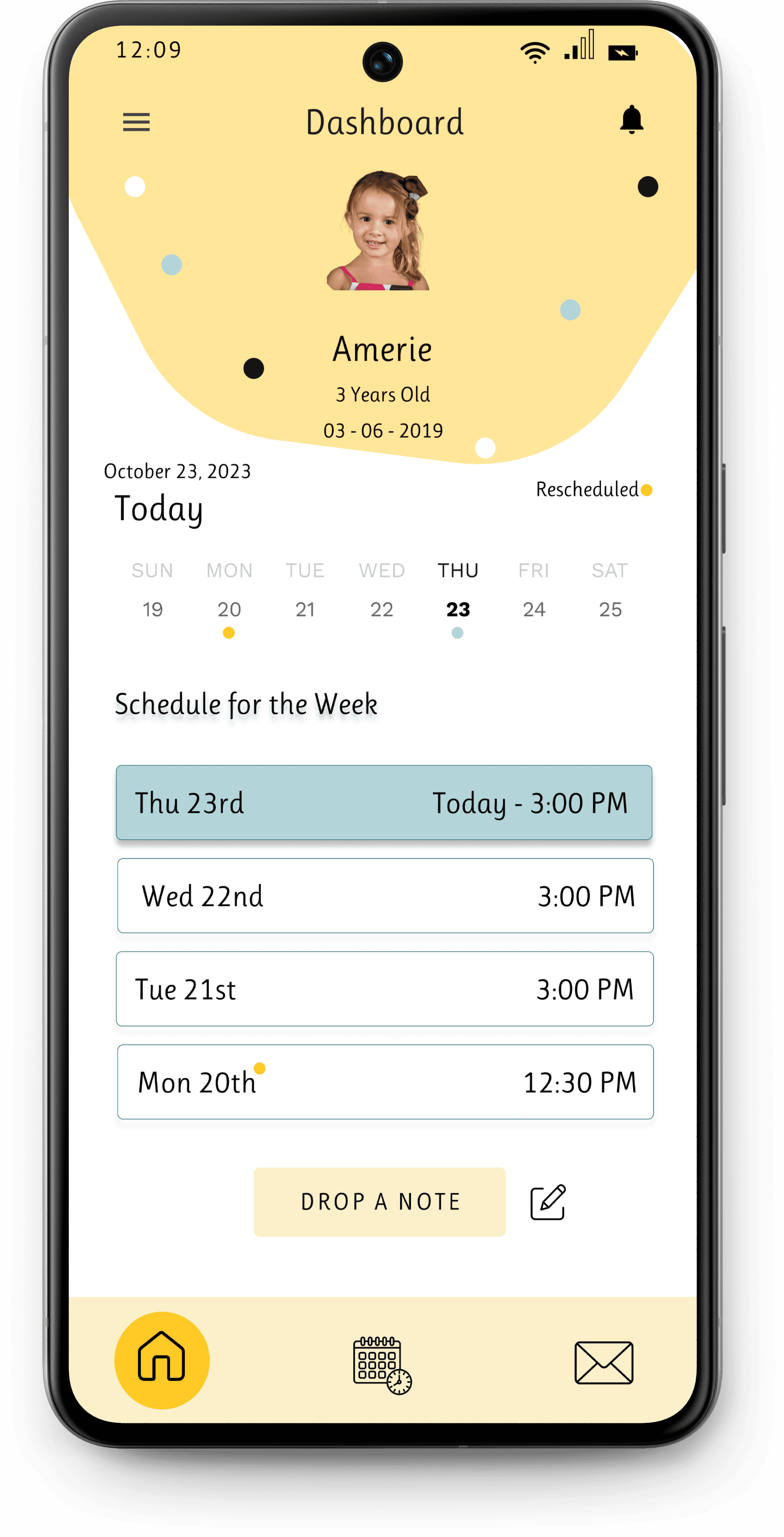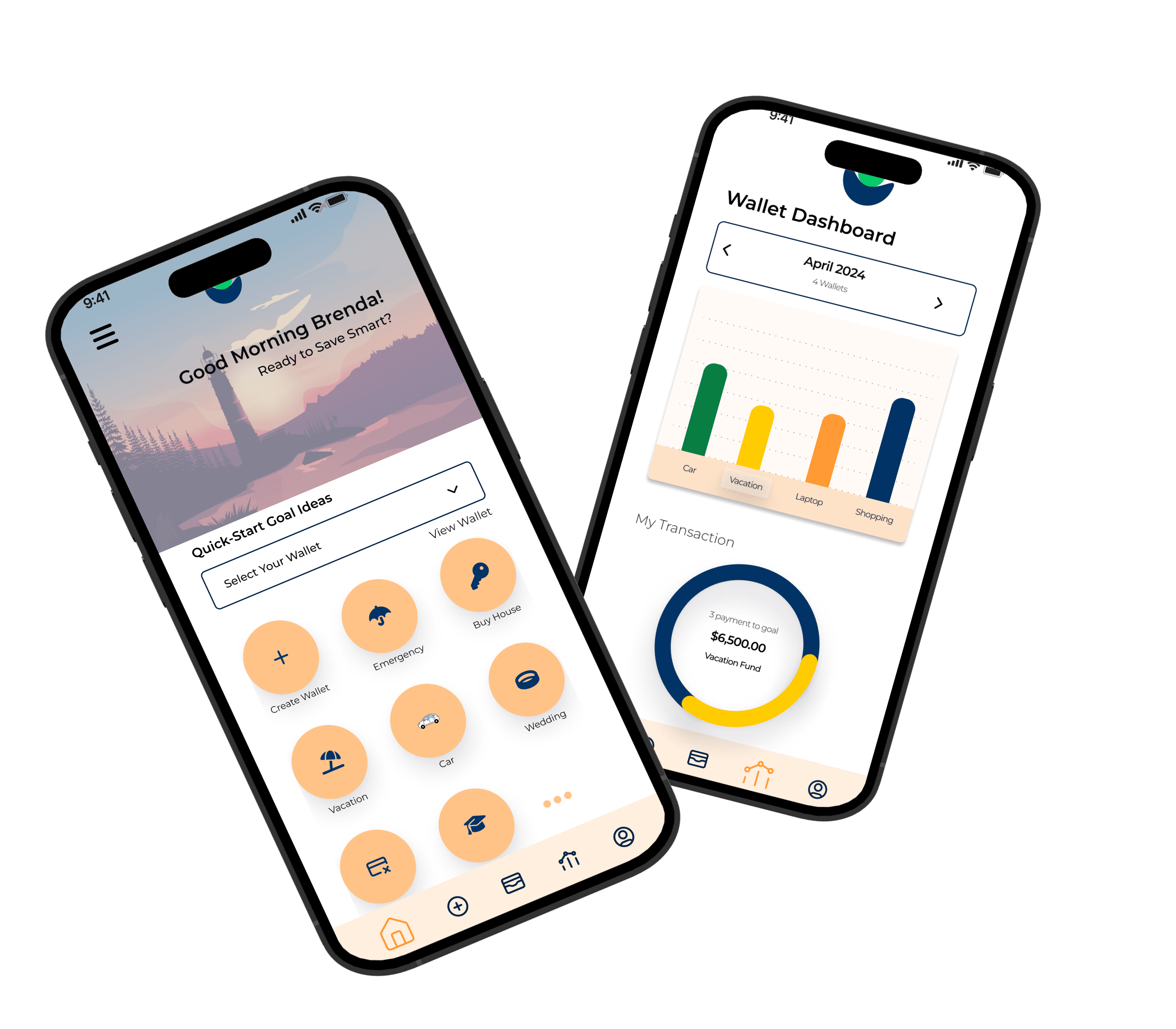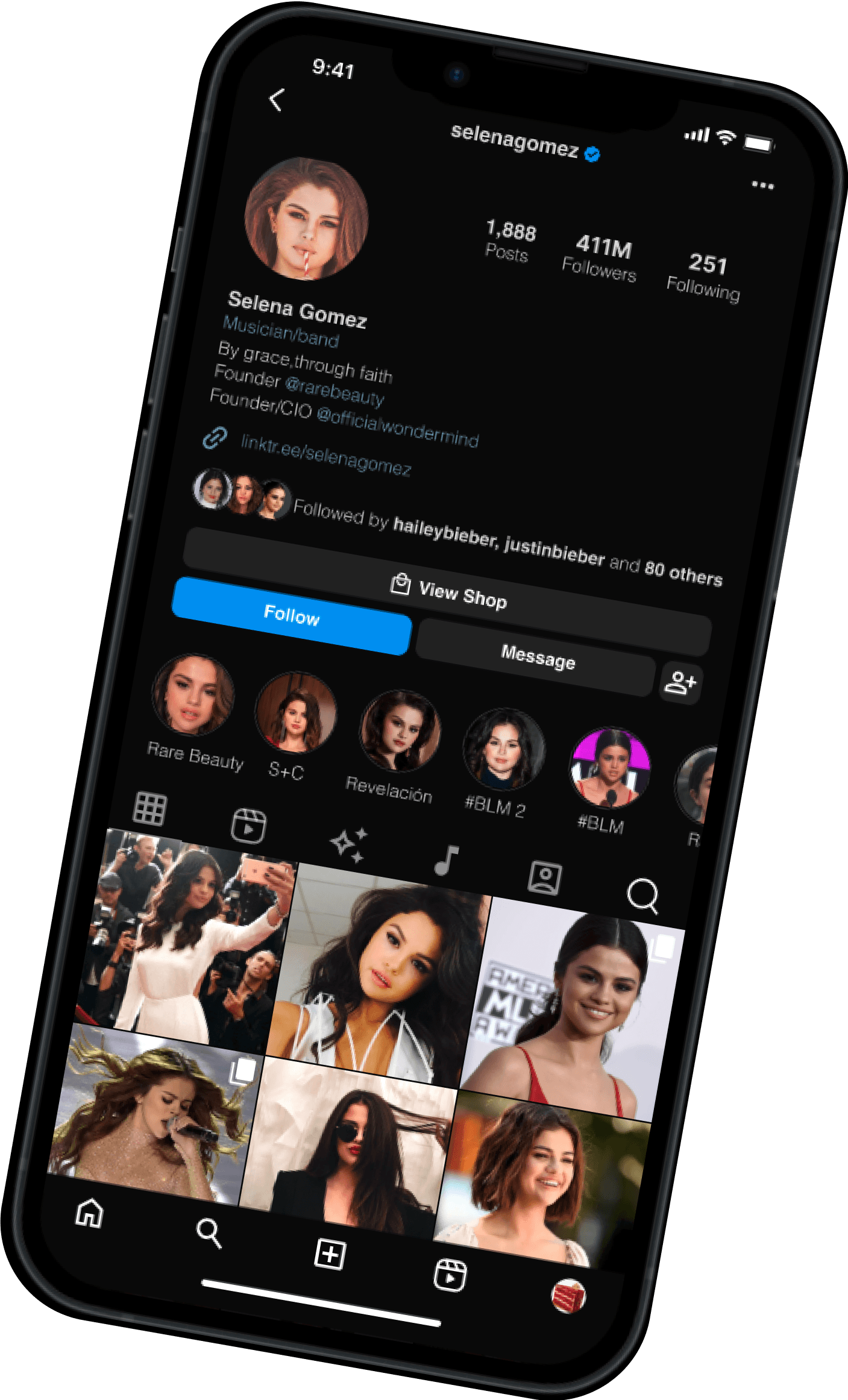Enhancing Daycare Operations: The Little Munchkin App Project
My Role:
As the lead UX designer, I was driven by the opportunity to make a meaningful impact on the daily operations of daycare centers. My role involved identifying user needs, designing the app’s interface, and leading usability testing to ensure that the solution effectively addressed the challenges faced by parents and staff.
Client
Little Munchkin Day Care,
Duration:
12 Weeks
Tools used
Overview
The Little Munchkin is a thriving daycare based in British Columbia, keen on enhancing its services by addressing key operational challenges. Recognizing the potential to improve communication and scheduling, they commissioned a project to develop a tailored mobile app aimed at streamlining these processes.
Challenges
Ineffective Communication: Delayed and inconsistent messages due to reliance on texts and calls, causing confusion and frustration.
Scheduling Conflicts: Manual scheduling is prone to errors, leading to frequent conflicts during critical times like drop-offs and pickups.
Limited Engagement: Lack of effective tools for direct communication, impairing the development of a community feeling among parents and staff.
Goals
Enhance Communication Efficiency: Create a mobile app with real-time messaging and notifications to improve communication reliability and speed.
Resolve Scheduling Issues: Develop a clear, user-friendly scheduling interface in the app to prevent conflicts and streamline operations.
Improve Stakeholder Engagement: Introduce features for more direct and meaningful interactions, strengthening community bonds within the daycare.
Objectives
The primary objectives were to:
Identify Communication and Scheduling Issues:
Conduct stakeholder interviews and analyze current practices to pinpoint inefficiencies and document specific user difficulties.
Evaluate Readiness and Feature Needs:
Use surveys and focus groups to assess user openness to adopting a mobile app and to identify essential features that meet user needs.
Design and Deploy the Mobile App:
Create, test, and refine a user-centered mobile app that enhances operational efficiency and improves user engagement and satisfaction.
Methodology
Mixed-Methods Research:
Qualitative Insights: Conduct structured interviews with daycare staff and parents to explore existing challenges and gather requirements for potential digital solutions.
Quantitative Analysis: Analyze app analytics from existing platforms to understand user behavior and interaction patterns, identifying gaps in digital communication tools.
Findings
Key Pain Points:
Communication Breakdowns: Inadequate text messaging systems leading to frequent miscommunications.
Access Challenges: Issues with locked doors at daycare facilities lacking remote access.
Information Flow Concerns: General dissatisfaction from stakeholders due to problems with last-minute changes in schedules and information.
Solution
Little Munchkin App Design
User-Friendly Interface: Features clear, intuitive layouts that facilitate easy navigation and enhance interaction.
Real-Time Communication Features: An integrated messaging system with push notifications ensures that information is disseminated immediately.
Scheduling Tools: Incorporates a comprehensive calendar feature that allows parents to manage and view schedules for drop-offs and pick-ups efficiently.
Moodboard
Low-Fidelity Wireframing
Drawing on research and ideation insights, the design team constructs an information architecture to define the app's structure. They develop low-fidelity wireframes to outline navigation, content organization, and user flow, serving as a blueprint for the app’s layout and functionality to ensure a logical and intuitive interface.
Wireframing
Usability Testing Insights
Feedback on Features: Participants identified problems with the date list and noted the absence of a dashboard.
Improvement Suggestions: A calendar feature was recommended as an alternative.
User Engagement: High interest from participants suggests strong potential for the app's future enhancements.
Design Iteration
First Iteration
Second Iteration
Third Iteration
High-Fidelity Designs
Prototyping
Interactive Prototypes: Created using Figma to test and validate design concepts and workflows.
High-Fidelity Prototypes: Advanced wireframes into detailed prototypes featuring realistic interactions and smooth transitions.
Usability Testing Reflection
The Little Munchkin Daycare app's usability testing showed a 45% increase in task efficiency and a 35% improvement in user satisfaction, indicating its potential to streamline communication and scheduling effectively. These enhancements are expected to boost operational efficiency, reduce administrative burdens, and increase parent satisfaction, contributing to higher retention and enrollment rates. The results highlight the app’s capability to surpass daily operational needs and enhance community engagement once fully deployed.
Reflections
The stakeholder presentation has validated our approach, confirming that the proposed features of the Little Munchkin Daycare app effectively address key communication and scheduling challenges. This milestone has provided crucial insights into user expectations and the practical implications of our design solutions.
Future Direction
With the stakeholder feedback in mind, our next step is to develop the MVP of the app, integrating enhanced features for personalized user experiences and increased community engagement. This phase will be crucial for testing the functionality in a real-world setting and making necessary adjustments to optimize the app’s performance before full deployment.
Conclusion
The presentation of the Little Munchkin Daycare app to stakeholders has highlighted its potential to enhance daycare operations and user satisfaction significantly. As we prepare to move into the MVP stage, we will focus on refining the app based on the valuable feedback received, ensuring it effectively meets the evolving needs of the daycare community.
Streamlining Savings with User-Centered Design
FinTech | B2C | Mobile App
Instagram Profile Search
B2C | Mobile App | Instagram App


